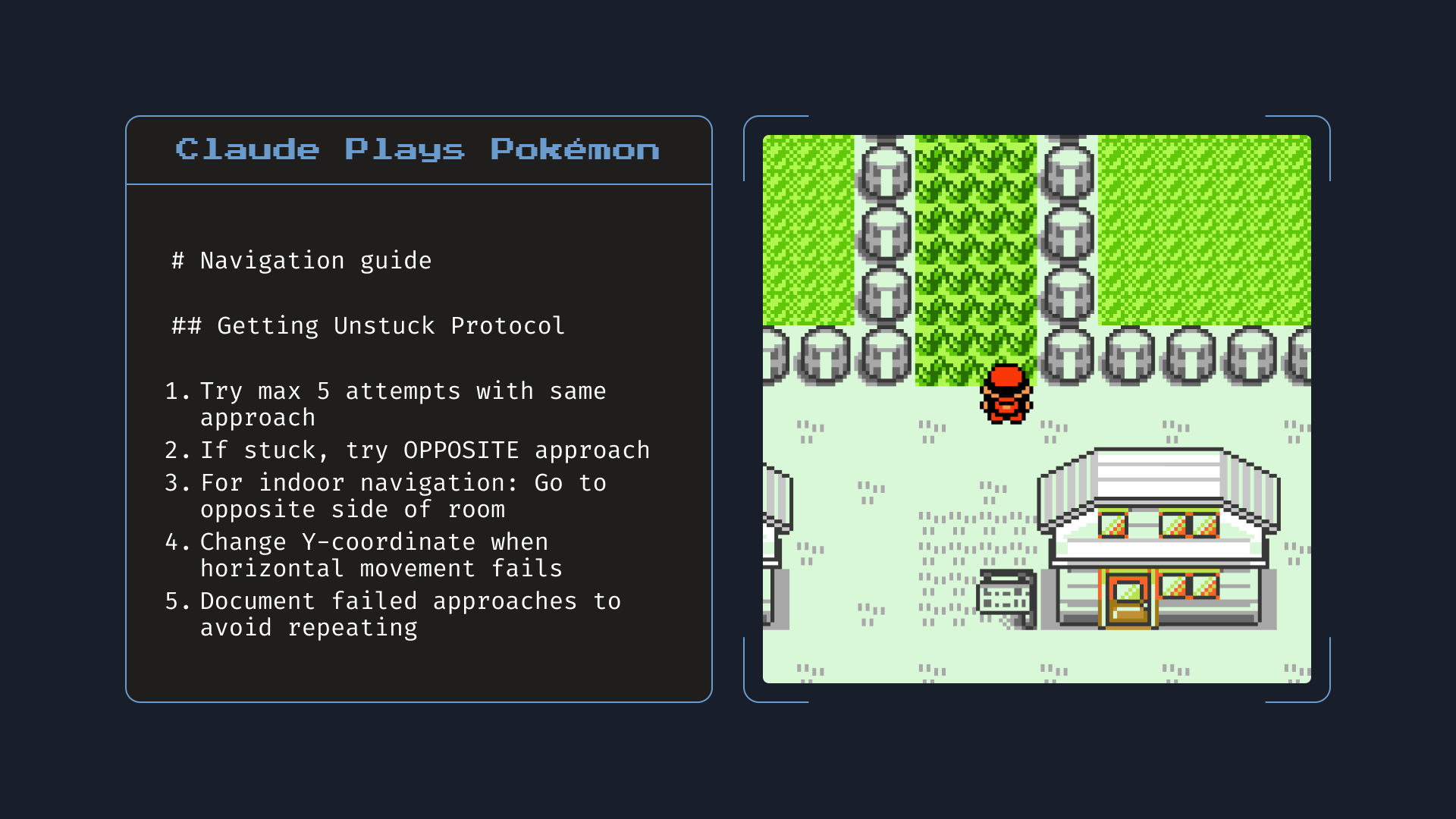Anthropic's new Claude 4 models promise the biggest AI brains ever
Smart enough to beat Pokémon

Sign up for breaking news, reviews, opinion, top tech deals, and more.
You are now subscribed
Your newsletter sign-up was successful
- Anthropic has debuted two new Claude AI models named Claude Opus 4 and Claude Sonnet 4
- Claude Opus 4 claims to be the best coding AI in the world
- Claude Sonnet 4 is a smaller, streamlined model with major upgrades from Sonnet 3.7 version.
Anthropic has unveiled Claude 4, the latest generation of its AI models. The company boasts that the new Claude Opus 4 and Claude Sonnet 4 models are at the top of the game for AI assistants with unmatched coding skills and the ability to function independently for long periods of time.
Claude Sonnet 4 is the smaller model, but it's still a major upgrade in power from the earlier Sonnet 3.7. Anthropic claims Sonnet 4 is much better at following instructions and coding. It's even been adopted by GitHub to power a new Copilot coding agent. It's likely to be much more widely used simply because it is the default model on the free tier for the Claude chatbot.
Claude Opus 4 is the flagship model for Anthropic and supposedly the best coding AI around. It can also handle sustained, multi-hour tasks, breaking them into thousands of steps to fulfill. Opus 4 also includes the "extended thinking" feature Anthropic tested on earlier models. Extended thinking allows the model to pause in the middle of responding to a prompt and use search engines and other tools until it has more data and can resume right where it left off.
That means a lot more than just longer answers. Developers can train Opus 4 to use all kinds of third-party tools. Opus 4 can even play video games pretty well, with Anthropic showing off how the AI performs during a game of Pokémon Red when given file access and permission to build its own navigation guide.

Claude 4 power
Both Claude 4 models boast enhanced features centered around tool use and memory. Opus 4 and Sonnet 4 can use tools in parallel and switch between reasoning and searching. And their memory system can save and extract key facts over time when provided access to external files. You won't have to re-explain what you want on every third prompt.
To make sure the AI is doing what you want, but not overwhelm you with every detail, Claude 4's models also offer what it calls “thinking summaries.” Instead of a wall of text detailing each of the potentially thousands of steps taken to complete a prompt, Claude employs a smaller, secondary AI model to condense the train of thought into something digestible.
A side benefit of the way the new models work is that they're less likely to cheat to save time and processing power. Anthropic said they’ve reduced shortcut-seeking behavior in tasks that tempt AIs to fake their way to a solution (or just make something up).
Sign up for breaking news, reviews, opinion, top tech deals, and more.
The bigger picture? Anthropic is clearly gunning for the lead in AI utility, particularly in coding and agentic, independent tasks. ChatGPT and Google Gemini have bigger user bases, but Anthropic has the means to entice at least some AI chatbot users away to Claude. With Sonnet 4 available to free users and Opus 4 bundled into Claude Pro, Max, Team, and Enterprise plans, Anthropic is trying to appeal to both the budget-friendly and premium AI fans.
You might also like

Eric Hal Schwartz is a freelance writer for TechRadar with more than 15 years of experience covering the intersection of the world and technology. For the last five years, he served as head writer for Voicebot.ai and was on the leading edge of reporting on generative AI and large language models. He's since become an expert on the products of generative AI models, such as OpenAI’s ChatGPT, Anthropic’s Claude, Google Gemini, and every other synthetic media tool. His experience runs the gamut of media, including print, digital, broadcast, and live events. Now, he's continuing to tell the stories people want and need to hear about the rapidly evolving AI space and its impact on their lives. Eric is based in New York City.
You must confirm your public display name before commenting
Please logout and then login again, you will then be prompted to enter your display name.